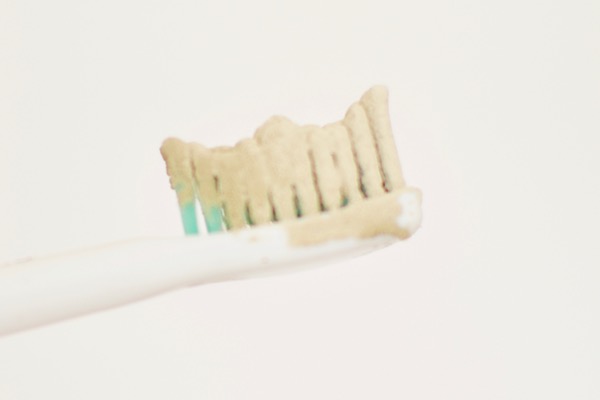A few signs to look out for…
Your gallbladder may not be the most important of your organs, but it plays a critical (albeit small) role in your overall health and wellbeing. Your gallbladder is responsible for storing the bile produced by your liver. Bile is the yellowish brown to dark green liquid that helps to break down fats (lipids) in your digestive system. If something goes wrong with your gallbladder, you can develop gallbladder problems that will interfere with your digestion.
Here are a few gallbladder problems you should know about:
- Gallstones — These are small, hardened deposits in your gallbladder, formed from the cholesterol in your bile. Some gallstones are formed from calcium bilirubinate, a chemical produced when red blood cells are broken down in your body. If you develop gallstones, you may experience pain, inflammation, infection, and possibly short-term cholecystitis.
- Inflammation –– Also known as cholecystitis, inflammation of the gallbladder can be acute or chronic, and can lead to a reduction in gallbladder function. Long-term inflammation can cause damage to your gallbladder, preventing it from working properly.
- Gallbladder cancer –– While cancer of the gallbladder isn’t as common as some of the others (such as breast, colon, and prostate), it’s not as rare as you might think. In fact, it’s becoming more common, thanks to the high consumption of sodas–a new potential link to gallbladder cancer.
- Common Bile Duct Stones –– Also known as choledocholithiasis, these gallstones occur in your bile duct and block the duct or cause inflammation. The stones may form in the gallbladder and be passed to the bile duct via your bile, or they may form over time in the bile duct. Either way, they cause serious problems with the bile ducts.
- Infection –– A common bile duct infection may occur if/when the bile duct is blocked by a gallstone. If treatment is administered early on, it’s usually fairly successful at dealing with the infection. However, if allowed to advance, common bile duct infection may be fatal.

READ MORE: 10 Burdock Roots Benefits for Better Health
- Acalcous Gallbladder Disease –– This is one of the few gallbladder problems that don’t involve gallstones. If you suffer from gallbladder disease but there are no stones, this is the name of the disease.
- Gallbladder Abcess –– In some patients with gallstones, pus may form in the gallbladder. This is a condition known as empyema, and can be quite serious. It may lead to abdominal pain, and may even cause the bacteria and dead tissue cells to spread to the rest of your body.
- Porcelain Gallbladder –– This is a condition that results after years of calcium building up on the walls of the gallbladder. The walls become rigid and crack easily, hence the name “porcelain”. Those who develop this condition have a VERY high risk of also developing cancer of the gallbladder.
- Perforated Gallbladder –– If gallstones develop in your gallbladder or bile ducts and you DON’T get them taken care of soon, there is a risk that their rough edges may perforate the lining of the gallbladder. The bile will leak out of the organ and spread inside your abdomen, leading to widespread infection and possibly death.
- Polyps — Polyps are non-cancerous growths that form on the walls of your gallbladder. They are usually benign, though some may become cancerous if you’re not careful. Not all polyps need to be removed, but it’s important to get them checked to ensure that they are noncancerous.
Be aware of your gallbladder health, and take steps to keep it in good working order!








